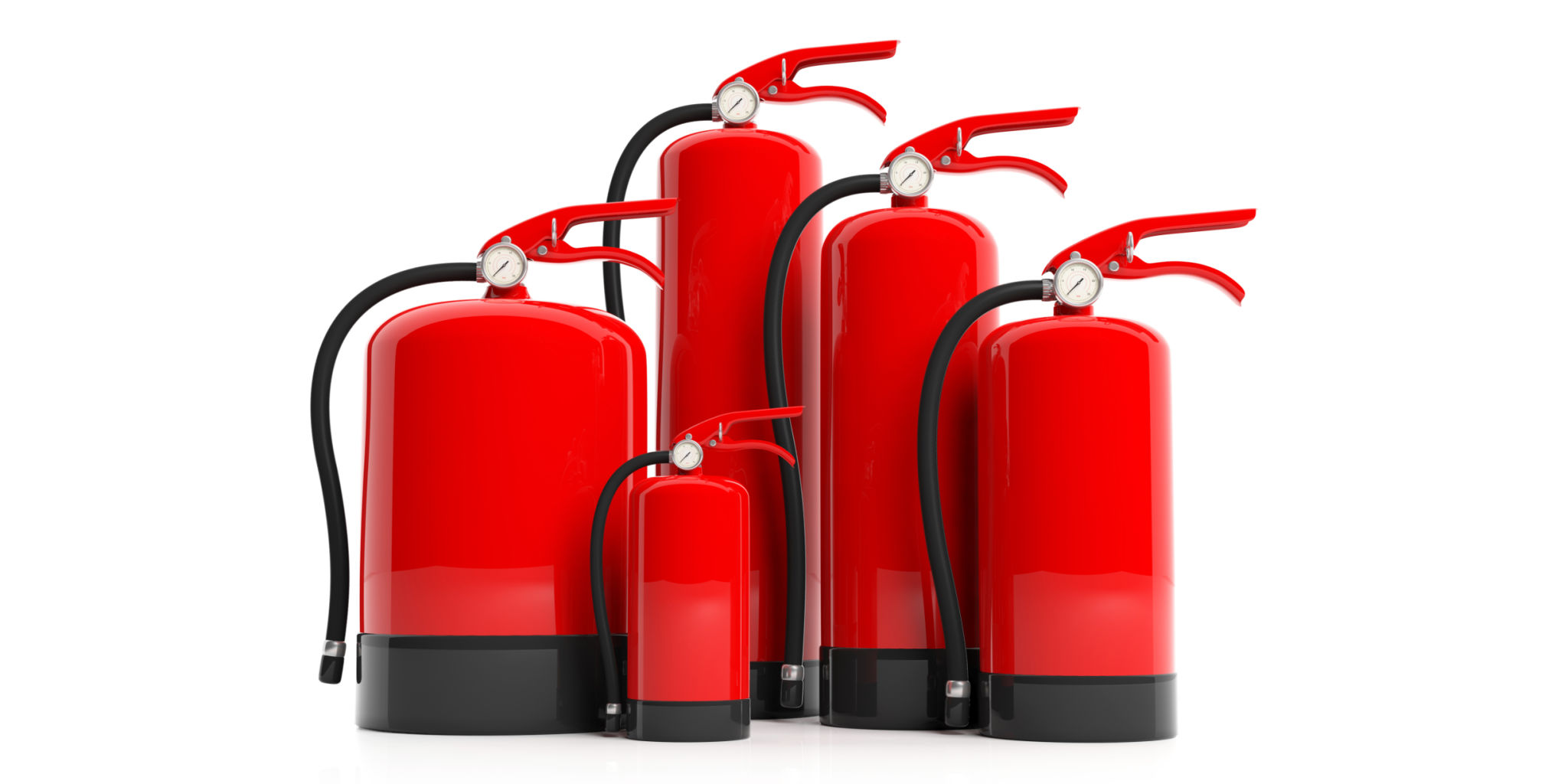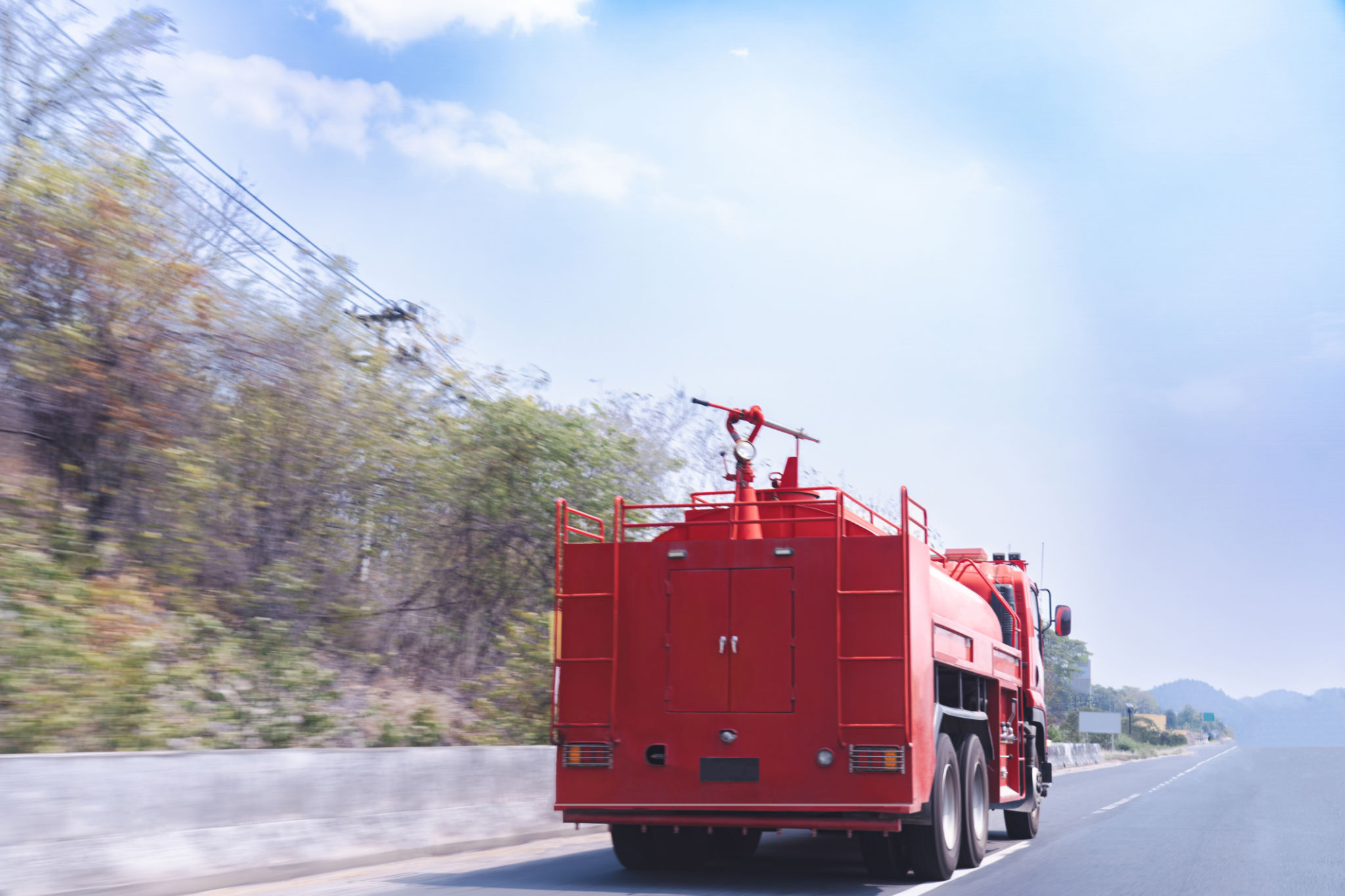Comparing Fire Extinguishers: Which Type is Best for Your Needs?
Understanding Fire Extinguishers
Fire extinguishers are crucial safety devices designed to combat different types of fires. Choosing the right one can make all the difference in an emergency. With various types available, it's essential to understand their specific applications and determine which is best suited for your needs.

Types of Fire Extinguishers
Fire extinguishers are classified based on the type of fire they can effectively combat. The main categories include:
- Class A: For ordinary combustibles like wood, paper, and cloth.
- Class B: Designed for flammable liquids such as gasoline, oil, and grease.
- Class C: Suitable for electrical fires involving appliances, wiring, and circuit breakers.
- Class D: Used for combustible metals, often found in industrial settings.
- Class K: Specifically for kitchen fires involving cooking oils and fats.
Choosing the Right Fire Extinguisher
The right fire extinguisher for your needs depends on the environment in which it will be used. For instance, a home would benefit most from a multi-purpose extinguisher that covers Class A, B, and C fires. In contrast, a restaurant kitchen should have a Class K extinguisher readily available.
Multi-Purpose Extinguishers
Many households and businesses opt for multi-purpose ABC extinguishers. These devices are versatile, capable of handling most common fires. Their flexibility makes them a popular choice for general use, providing peace of mind in various scenarios.

Specialty Extinguishers
For environments with specific hazards, specialty extinguishers are necessary. Class D extinguishers are essential in settings with combustible metals, such as laboratories or manufacturing plants. These extinguishers contain dry powders that can effectively smother metal fires.
Considerations for Your Environment
When selecting an extinguisher, consider factors like the size of the area, potential fire hazards, and accessibility. Larger spaces may require multiple units to ensure adequate coverage. Additionally, ensure that extinguishers are easy to reach and that users are trained in their operation.

Regular Maintenance and Inspection
Regardless of the type you choose, regular maintenance and inspection are crucial. Ensure that your extinguishers are fully charged and in good working condition. It's also important to replace any expired units to maintain safety standards.
Conclusion
In conclusion, selecting the right fire extinguisher involves understanding the potential fire risks in your environment and choosing a device designed to address those specific threats. By considering your unique needs and maintaining your equipment properly, you can ensure a safer environment for everyone involved.
